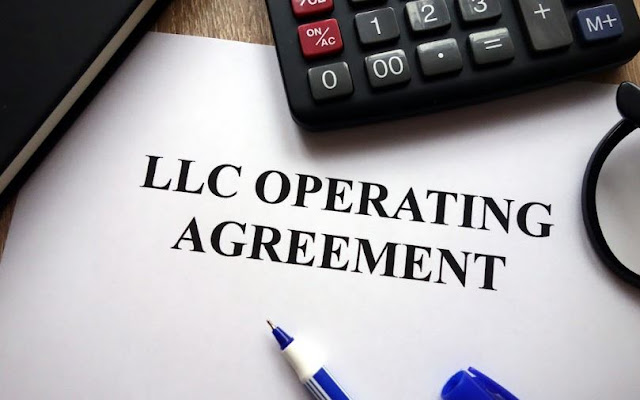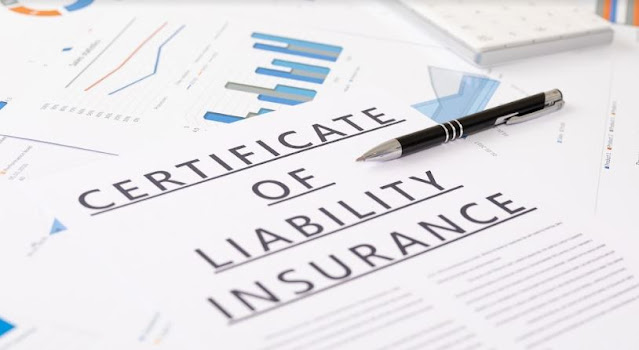
The common liability risks in businesses are employee claims, client claims, officer, and director’s claims.
In addition, there are always risks depending on the nature of your business and the items you sell. These are risks in business operations from which your firm must be protected. If you do not, you may suffer financial losses that will cause your operational budget to drop.
Monitoring business operations is not easy. Some businesses have to adopt technology and improve their way of doing their tasks. Most firms now use business document templates to speed up their transaction processes. Other companies even have shifted to AI operations to minimize production risks.
To help you navigate your way in protecting your business from liability risks, here are some viable tips to help you through.
8 Smart Ways To Shelter Your Business From Liability Risks
1. Define Your Business Organization
The way you structure your business is one scheme to shelter it from liability risks.
Some types of business arrangements protect owners from specific obligations. For example, in a Limited Liability Company (LLC) structure, only the company's properties or assets are taken to assume for its business liabilities.
Your firm may benefit from LLC, or you can use other styles that can help you avoid business liability risks.
2. Build Employee Capabilities
It is a good business practice for companies to require their employees to undergo on-the-job training and internship. Building employee capabilities through proper training avoids some business liability risks. It's crucial to every business operation because it will make employees more efficient.
Adequately trained staff minimize errors, especially those on technical jobs, thereby reducing the chances of company liabilities to its clients and customers. It'll have a domino effect and increase company productivity and income.
3. Identify Liability Risk Situations
Identify scenarios that may result in liabilities in all your business involvements. It's an essential step in avoiding or reducing business liability risks. Then, for each probable risk event, the risk controls implemented by the company should be re-visited and compared. You should be able to develop steps that will avoid these liability risks.
Hiring expert business consultants can help you objectively enumerate your business' risk areas. Because avoiding liabilities is one of the steps to being frugal in your finances and effectively managing your business.
4. Be Responsive To Actual Risk Situations
Sometimes, accidents may still happen, no matter how well you have prepared precautionary measures for identified risk situations. Your business is exposed to liability risks every day. It's advantageous if your company has established plans and programs to mitigate and properly respond to identified risk situations such as:
• Employee Injury And Sickness
• Production Breakdowns Or Delays
• Product Problem
• Document Processing Problem
Aside from safety precautions posted all over your work areas, the creation of response teams and procedures are most appropriate during emergencies. It's the best way to keep your company away from possible legal liabilities.
5. Advertise Firm Properly
Advertisements may have to be catchy and must trigger customer memory. But your company's ads must not mislead clients or consumers. Misleading your present and future customers will make you liable for fraud.
Proper and responsible dissemination of information helps you promote goodwill, high patronage, and more income. It will also shelter you from legal liabilities in the long run.
6. Evaluate Performance Data
Consumer satisfaction surveys are valuable sources to identify your business' strengths and weaknesses. It'll also help you adopt programs to capitalize on your company's strengths and find means to improve on your business' weaknesses.
These surveys will also help you see problem scenarios where you can implement better strategies to avoid company liabilities.
7. Insure Interests Properly
Getting proper insurance for identified risk areas will help you cover your losses. Employee claims, customer lawsuits, and other legal actions against your company will drain your finances. It's better to have a liability insurance policy to be used whenever you are faced with unforeseen business impediments.
Private and state insurers provide products such as credit risk insurance. It will help you cover all potential business risk obligations even if you do not have an insurance fund.
8. Follow The Rules And Regulations
Your business is under your state's regulatory laws and provisions. You should follow all the regulations, especially tax laws, ordinances, and other applicable statutes, to avoid penalties and charges, if not imprisonment.
All your investment and efforts would be for nothing if the law is the one after your company. For that reason, your company must make sure to adhere to all the regulations that entities related to your industry impose.
Limiting Liability Conclusion
Your primary goal in doing business is to have a steady cash flow. It is not healthy for a business to be jeopardized in paying for liabilities that could have been avoided. Unnecessary accountabilities and risks can be prevented by following the tips mentioned above.
Keep this guide in mind to maintain the credibility of your business and avoid potential drawbacks that can hinder your thriving business. It's time you limited liability for your created company!

